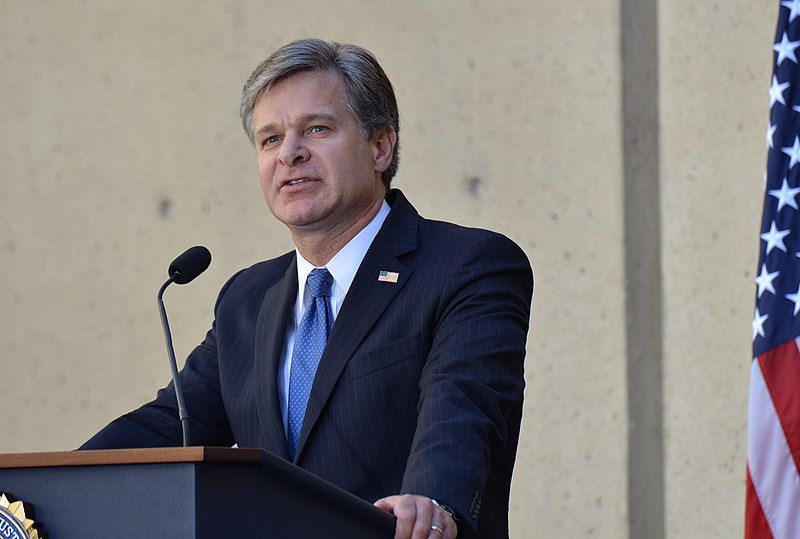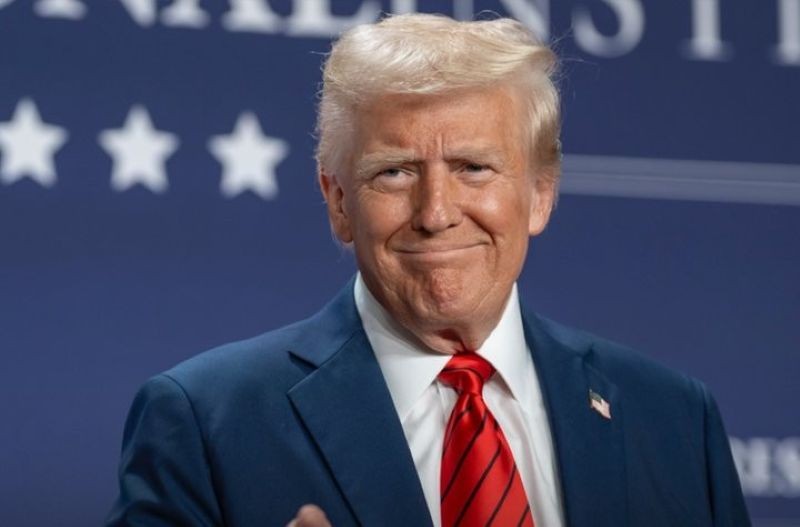Tracing origin: FBI director Christopher Wray says COVID pandemic 'most likely' originated from Chinese lab

Washington: FBI Director Christopher Wray has said the bureau believes that the COVID-19 virus, which wreaked havoc across the globe since 2020, "most likely" originated in a "Chinese government-controlled lab".
"The FBI has for quite some time now assessed that the origins of the pandemic are most likely a potential lab incident in Wuhan," Wray told Fox News in an interview that aired Tuesday. "Here you are talking about a potential leak from a Chinese government-controlled lab."
"I will just make the observation that the Chinese government, it seems to me, has been doing its best to try to thwart and obfuscate the work here, the work that we're doing, the work that our U.S. government and close foreign partners are doing. And that's unfortunate for everybody," Wray added.
Wray said the FBI has specialists who focus on "the dangers of biological threats, which include things like novel viruses like COVID, and the concerns that they [are] in the wrong hands [of] some bad guys, a hostile nation state, a terrorist, a criminal."
He also said that the Chinese government has been trying to block investigative work into the origins of the coronavirus.
Wray's comments come after the Department of Energy has also recently assessed that the COVID-19 pandemic was likely caused by an accidental lab leak in China, reports Fox News.
Governments agreed on a way forward to update disease outbreak regulations ahead of meetings to draft new global guidelines for tackling pandemics, the World Health Organization (WHO) said last month.
The two processes are complementary, guided by the imperative of making the world safer from communicable diseases and ensuring equitable responses to public health threats, said Ashley Bloomfield, former Director-General of Health of New Zealand, who co-chairs the working group on updating the 2005 WHO International Health Regulations, which concluded its latest round of discussions late last month.
“The efforts to update the International Health Regulations and draft a pandemic accord share a number of common themes, including the importance of equity in access to health, collaboration and capacity building,” Bloomfield said.
“It is important that there is consistency and alignment across the two processes,” he added.
“COVID-19 showed us that having a good, strong set of international health regulations is essential, and showed where the current regulations need to be improved,” Dr. Bloomfield said.
During the week-long working group session, he said governments had focused on making their countries, and the international community, better prepared for future emergencies.
They also stressed the importance of enhancing capacity building, especially in low-income countries; access to benefits arising from sharing pathogens; equitable access to medical countermeasures; and enhanced cooperation and information sharing.



